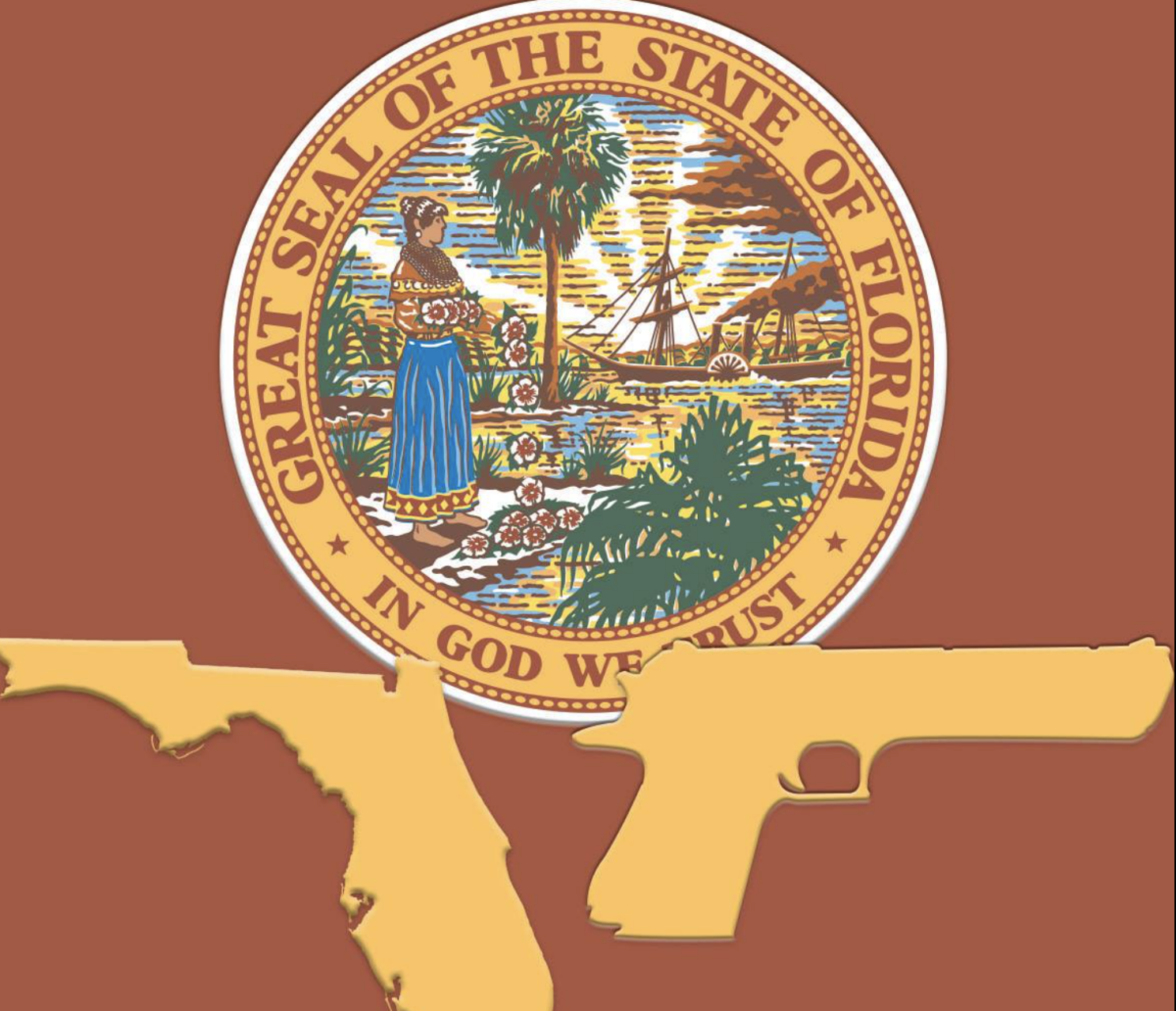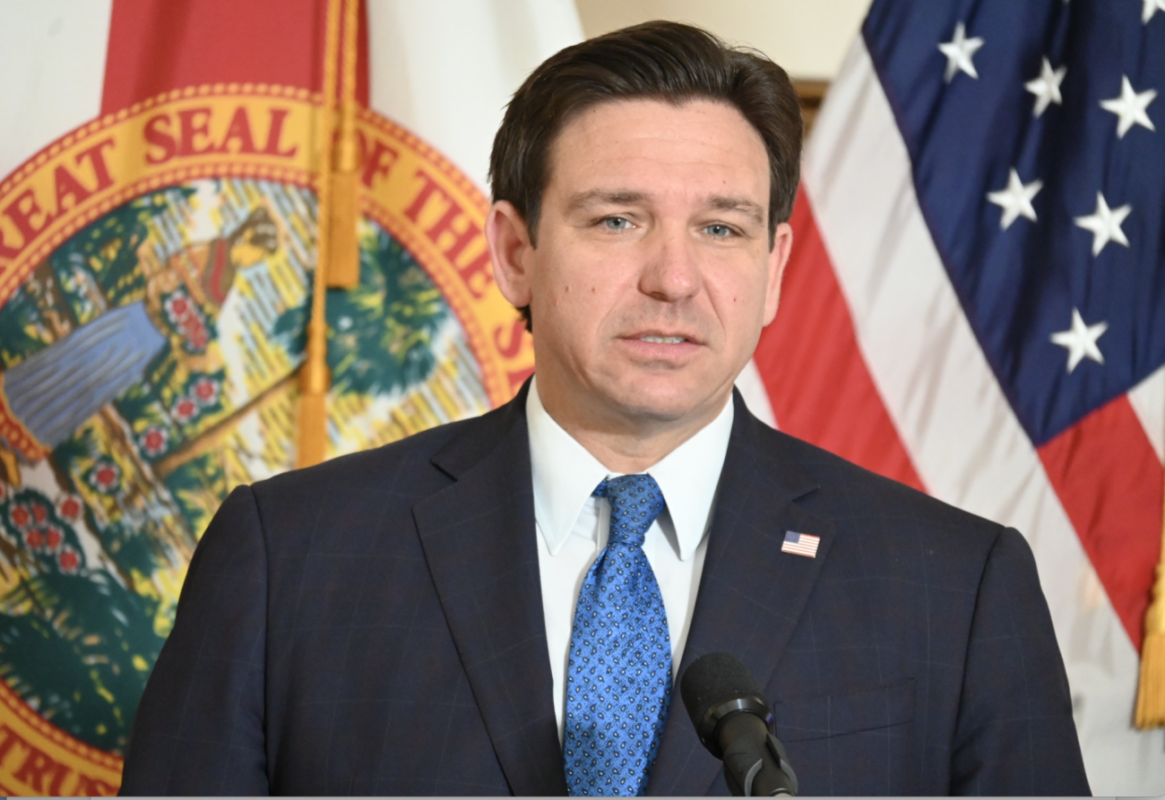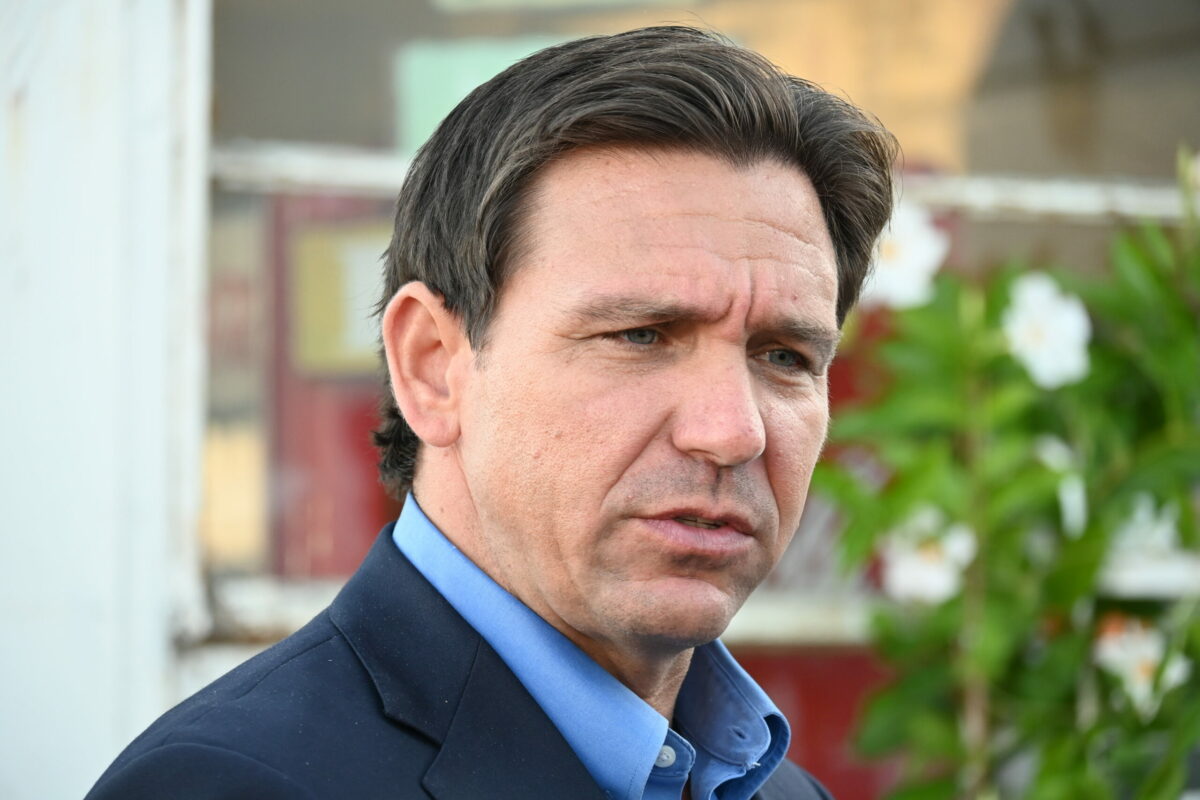TALLAHASSEE --- Gov. Ron DeSantis said Thursday he wants to double funding for a state economic-development program and bolster rural infrastructure projects as weekly unemployment claims in Florida continue to come in at pre-pandemic levels.
DeSantis released a proposed $99.7 billion state budget for next year that included $100 million for the program known as the Job Growth Grant Fund. That would be up from $50 million this year.
“We've been able to apply that (program) for some really significant infrastructure projects across the state,” DeSantis told reporters as he released the overall budget proposal at the Capitol. “That's going to have a profound impact on our ability to continue to expand our manufacturing base, our logistics.”
Created in 2017 after a battle between lawmakers and then-Gov. Rick Scott about business incentives, the job fund is designed to aid local and regional workforce education programs and infrastructure projects. DeSantis decides how to dole out the money.
DeSantis recently has targeted money from the fund for wastewater work in North Port and St. Pete Beach, to improve vehicle access to the Central Florida Intermodal Logistics Center in Winter Haven and for a diesel-mechanic training program at Northwest Florida State College in Niceville.
“These are all really, really important things,” DeSantis said. “It gives (a) great opportunity for people in our state, but also something given with what you're seeing with the supply chain nationally, Florida, we've stepped up across the board on that.”
Among other proposals in the $99.7 billion budget plan, DeSantis wants to provide $50 million for the tourism-marketing agency Visit Florida, the same as in the current year; $105 million to support rural infrastructure projects such as broadband, roads, stormwater and wastewater systems and telecommunications facilities; and $534 million for workforce education programs.
DeSantis’ proposals will serve as a starting point as lawmakers negotiate a budget during the legislative session that will start Jan. 11. The new budget will take effect July 1.
The proposals came on the same day that the U.S. Department of Labor reported Florida had an estimated 5,885 new unemployment claims during the week that ended Dec. 4. That was an increase from a revised count of 4,136 for the holiday-shortened week ending Nov. 27, but still far below the deluge of claims during the early stages of the COVID-19 pandemic.
The Labor Department initially estimated that 3,808 first-time jobless claims had been filed in Florida during the ending Nov. 27. The revised figure was still the lowest for a single week since before March 15, 2020, which is considered the start of the pandemic in terms of unemployment impacts.
Jobless claims leaped from 6,463 the week during the week that ended March 14, 2020, to 74,313 the week ending March 21, 2020. By the end of April, 2020, the state had lost 1.27 million jobs, with hospitality fields hardest hit.
On Wednesday, Department of Economic Opportunity Secretary Dane Eagle told the Enterprise Florida Board of Directors the state has gained back nearly 90 percent of the jobs lost in the early stages of the pandemic, and the workforce is larger than before pandemic shutdowns.
“That's showing that people have faith in Florida,” Eagle said.
Eagle said legislation passed during a November special session to fight COVID-19 vaccination mandates will protect people from losing their jobs.
“Now, there are still over 500,000 jobs available in the market. We're going to continue to work with our partners at CareerSource and others across the state, to make sure that people who are looking for work find it,” Eagle said, referring to the workforce agency CareerSource Florida. “And if there are others across the country that want to come to Florida and create a new life, we welcome them with open arms.”
Nationally, more than 80 percent of jobs lost due to the initial hit of the pandemic have been recovered, with Idaho and Utah surpassing pre-pandemic employment by September of this year.
The Department of Labor reported 184,000 claims were filed nationally last week, down 43,000 from the prior week and the lowest for initial claims in a week since Sept. 6, 1969.
The federal agency reported last week the U.S. added 210,000 jobs in November, less than half what some analysts had projected. But the national unemployment rate also dropped from 4.6 percent to 4.2 percent, within 1 percentage point of the pre-pandemic unemployment figure.
Florida has averaged 7,462 new unemployment claims a week since mid-May, when the state ramped up efforts to push people back into the workforce. Those efforts included reinstating work-search requirements for people seeking unemployment benefits and withdrawing early from federal programs that provided increased unemployment benefits.
“We can't just shut down,” Eagle said. “We need to allow people the opportunity to balance their health-care decisions and their livelihood and make their own personal choices”
Over the past four weeks, Florida has averaged 5,492 new claims. Over the four weeks prior to March 15, 2020, the state averaged 5,376 new claims.
Florida’s October unemployment rate of 4.6 percent reflected an estimated 491,000 Floridians out of work from a labor force of 10.59 million. The Department of Economic Opportunity will release November numbers on Dec. 17.
Jim Turner is a reporter with the News Service of Florida










